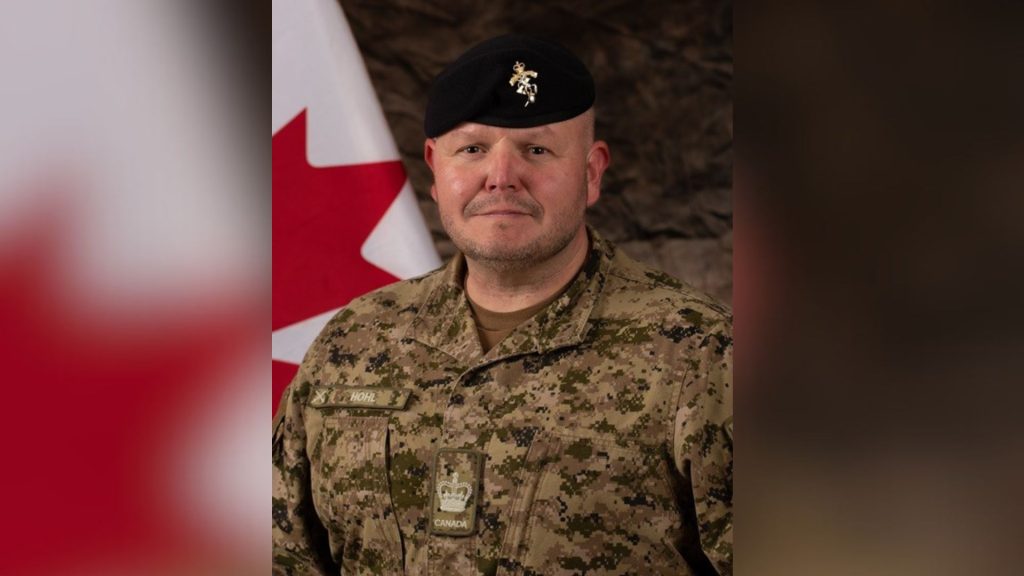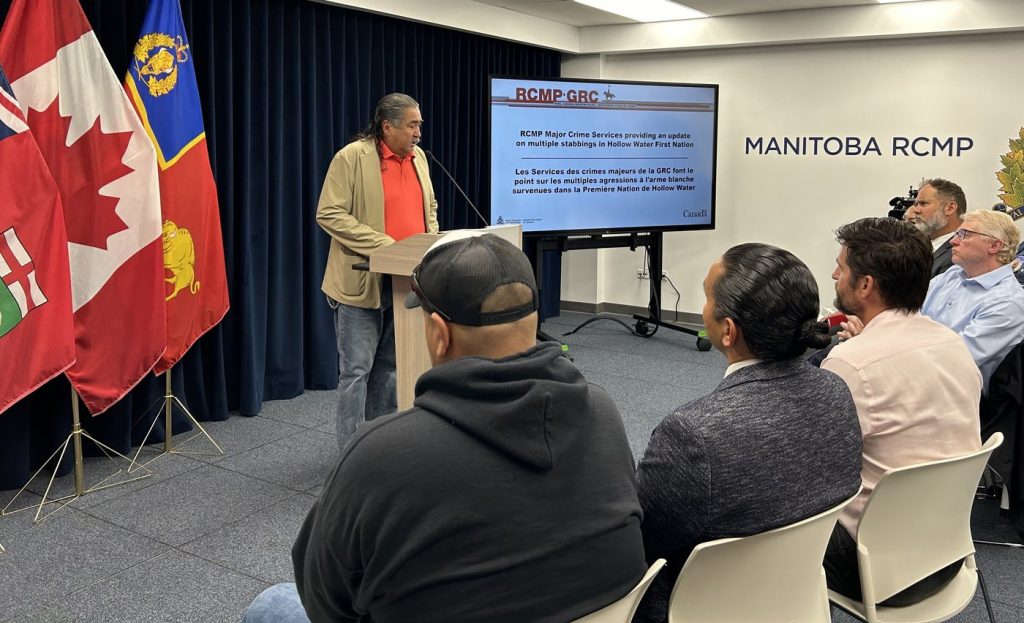MONTREAL – A Quebec ambulance service has been ordered to pay $442,000 in damages for failing to follow proper protocols, which resulted in the tragic death of an 18-year-old man, Nutin McFarland. McFarland died following an anaphylactic reaction to a nut allergy despite being located just 700 meters from a Montreal hospital.
Nutin McFarland, a healthy Innu man, had recently relocated from the Maliotenam Innu reserve located near Sept-Îles to Montreal to pursue junior college studies. He had a documented history of peanut and tree nut allergies, which became critical when he suffered an allergic reaction while visiting his girlfriend's father's residence in Verdun, a suburb of Montreal.
On the day of the incident, McFarland encountered a tuna sandwich in the refrigerator and consumed it, unaware it contained traces of allergens that would trigger his allergy. Upon experiencing symptoms of anaphylaxis, he made the choice to call 911, even with the hospital nearby. First responders activated an EpiPen and provided oxygen as initial treatment measures.
However, the Quebec Superior Court found that the ambulance technicians who subsequently arrived at the scene failed to urgently transport McFarland to the hospital, which was a mere one minute away. They also neglected to notify the hospital about his condition and impending arrival.
Justice Jeffrey Edwards of the Quebec Superior Court concluded that the inaction and negligence from Urgences-santé directly contributed to McFarland's untimely death. In a ruling dated August 29, Edwards stated, "The court concludes that Urgences-Santé’s negligence, including the failure to follow applicable intervention protocols, to make a hasty departure, to provide urgent transport, and to send notice to the hospital, was the direct cause of Nutin’s death."
The heart-wrenching case highlights the critical importance of strictly adhering to medical emergency protocols. The delay in transport and the lack of timely communication with the hospital proved fatal in this incident, showcasing how systemic failures can have dire consequences in emergency medical situations.
This incident remains a somber reminder of the responsibilities held by emergency service providers, emphasizing continuous training and the importance of swift responses in life-threatening situations.












